
Regarded as one of the most environmentally taxing industries, it’s no wonder that there is a pressing need for sustainability in fashion. While old and new labels have adopted ecological practices, it’s a task to understand this world. To break down this complex chatter, and in the honour of World Earth Day, we decided to speak to a few sustainable labels from Nykaa Fashion and asked them to define their eco-conscious processes..
Zero Waste
The founding member and creative director of the contemporary wear label Doodlage, Kriti Tula has always harboured a passion for sustainable fashion and up-cycling. Her vision for the label involved following a zero waste practice. Elaborating on this aspect, Tula explained, “Essentially, we recycle post-consumer waste and post cutting scraps into new fabrics to create season-less and well-finished garments that are made for longevity. What we waste is then segregated and converted into accessories, soft furnishing products and paper to make our packaging or stationery products.”
Shop Doodlage:
Cemented Designs
Eliteearth designer Gurpreet Kaur employed the use of cement and raw concrete powder to craft her jewellery pieces.
Kaur said, “While I wanted to design accessories, I was against the use of plastic. Looking for something different, I turned to concrete. We set the raw powder in moulds and handcraft jewellery pieces as well as pots and planters for home decor.”
What makes this a sustainable choice is that the label recycles cement powder that is deemed as waste for construction companies and other industries.
Shop Eliteearth:
Dead Denim
Using only dead stocks, discarded and surplus denim fabric in their collections, The Pigment Edit founder, Deepa Thomas strives to make her label as ecological as can be. “I’ve always had a soft spot for denim my entire career,” shared Thomas. “But denim is considered as one of the most polluting processes in the garment industry. It may sound like the label uses substandard fabric but as Thomas explains, “ A lot of times perfectly good rolls of fabric are discarded as they may have a few defects in the weave and require more time to cut around these blips. We love these fabrics! They add so much more character to our clothes and we know we’re saving fabric that’s going to end up in a landfill.”
Shop The Pigment Edit:
Friendly Fabrics
Fashion entrepreneur and stylist Pernia Qureshi’s organic label Gur, crafts high-grade garments stemming from forest friendly fibres, that are skin-friendly as well. “We use fabrics that are extracted from various unconventional sources of fibre like milk, rose, banana, eucalyptus, aloe and orange,” explained Pernia.
For Qureshi, the motive is to invest in personal well being and global waste management. Thus, Gur uses a wide range of fabrics that are anti-bacterial, anti-fungal and hypoallergenic while also having better absorption and insulation
Shop Gur:
Wooden Jewellery
Radhika Malhotra wanted to celebrate the environment and the local artisans through her work, and Satat does just that. Crafting sustainable jewellery, the label aims to be as ecologically savvy as can be, from start to end. Even their packaging is made from cotton scraps that is then stitched together. Revealing her working process, Malhotra shared, “Satat employs local artists to handcraft each jewellery piece from reclaimed wood. To impart colour to our wood and jewellery pieces, we rely on only natural elements such as haldi, indigo and charcoal to extract colours..”
Shop Satat:
No harm, No foul
Contemporary wear label Maati by Neha Kabra produces garments that are adjustable, skin-friendly and ecologically responsible. “When I conceptualised the label, I had one motto in mind: No residue should be left on earth to harm nature,” explained designer Neha Kabra.
The label works with special count cotton, which ensures that the wastage is minimum and what is leftover is upcycled in the making of another type of cotton, which is then subsequently used in other collections.


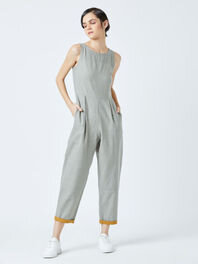
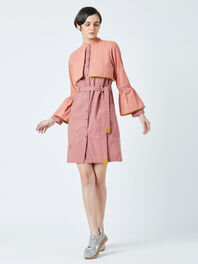
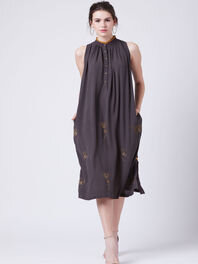
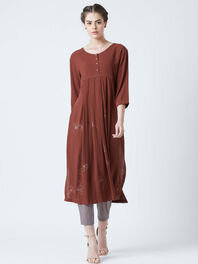
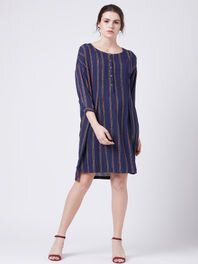
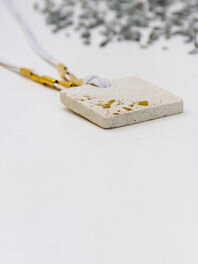
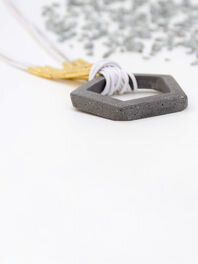
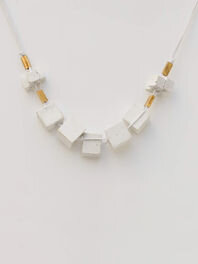
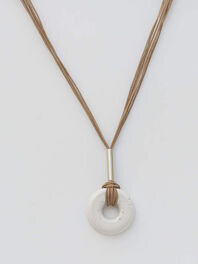
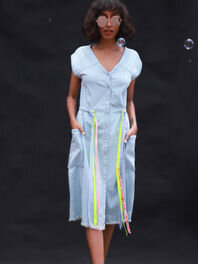
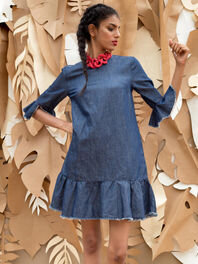
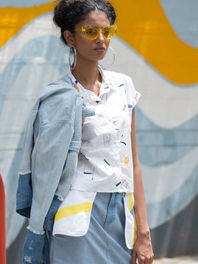
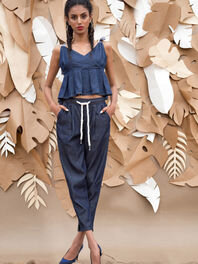
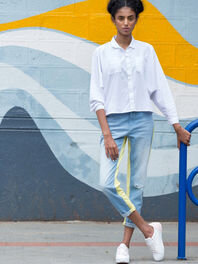

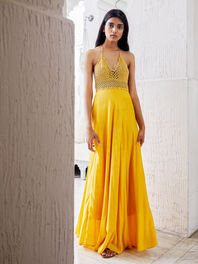
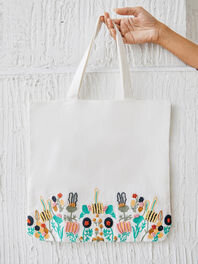


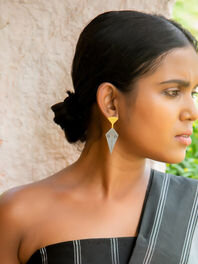
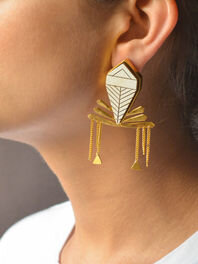
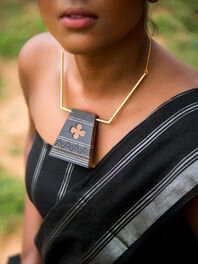

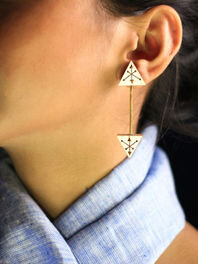
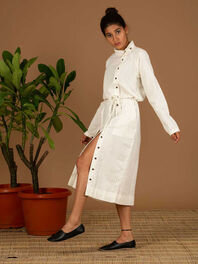
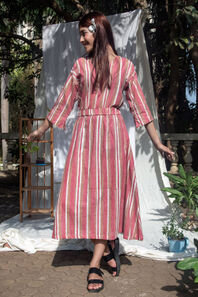
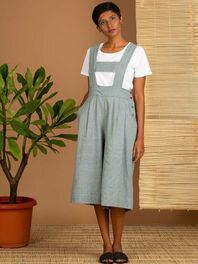
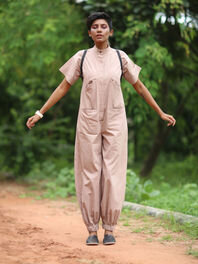
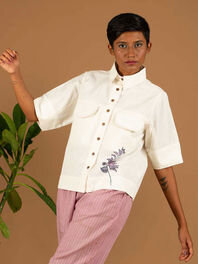
1 comment
Some of these brands are far too expensive. From the ones showvased above other than The Pigment Edit all are overpriced. A lot of them do not look good or come in styles likely to look dated very soon.
Conscious manufacturers need to look at these aspects as well.
There are a plethora of other brands like the above which make clothes that are consciously sourced, us the styles are classic and the pricing is more comfortable. Such clothrs last for years.